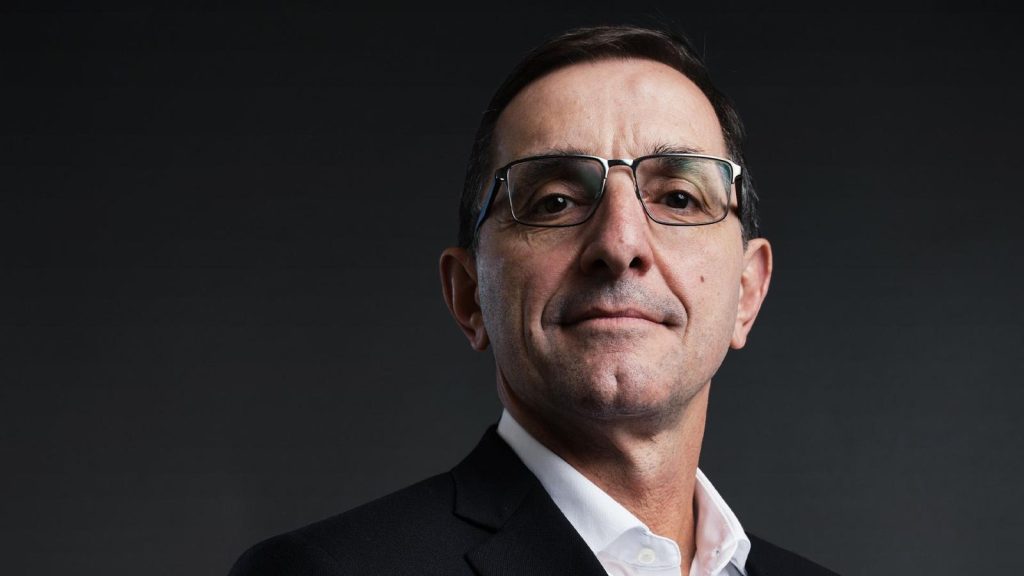The death of Sam Zell, the legendary dealmaker and founder of Equity Group Investments (EGI), has left his successor, Mark Sotir, pondering significant changes to the family-financed private equity firm. Sotir has already made some major moves since taking over, such as acquiring a Houston building-crane dealer and a Mexican tuna rancher. While these may seem like disparate businesses, they are part of EGI’s diverse portfolio of 19 companies that span various industries, from hospitals to trucking and logistics.
EGI’s approach to investing is quite different from traditional private equity firms, focusing on long-term ownership and avoiding the use of leverage. Sotir and Zell shared a vision of building a portfolio of companies that would be held for the long haul, with existing management typically retained after an acquisition. This model has allowed EGI to stay true to its roots and avoid the short-term, profit-driven strategies often associated with private equity.
One unique aspect of EGI is its funding structure, which relies solely on Zell’s personal fortune rather than raising capital from external investors. Sotir has the flexibility to make investment decisions without the need to constantly seek funding, allowing him to focus on helping portfolio companies grow and explore new opportunities. However, the succession plan includes the possibility of attracting external investors, which would mark a significant departure from EGI’s traditional business model.
Despite Zell’s reputation as a lone ranger in the dealmaking world, the potential shift towards raising external capital could expand EGI’s reach and reputation. Sotir’s background in operations, combined with EGI’s track record of transforming businesses, has led to significant growth and success stories within the portfolio, such as Lanter Delivery Systems. By identifying companies with solid business models, growth potential, and strong management teams, EGI has been able to drive value and create opportunities for expansion.
As EGI considers partnering with like-minded investors, such as family offices or sovereign funds, Sotir will need to ensure that any new partners align with EGI’s values and operating principles. The transition from a family-funded model to a more traditional private equity structure could open up new possibilities for EGI to pursue larger deals and continue its legacy of building successful companies. Sotir’s ability to navigate this shift will be crucial in shaping the future direction of EGI and honoring the legacy of Sam Zell as a visionary entrepreneur and investor.














